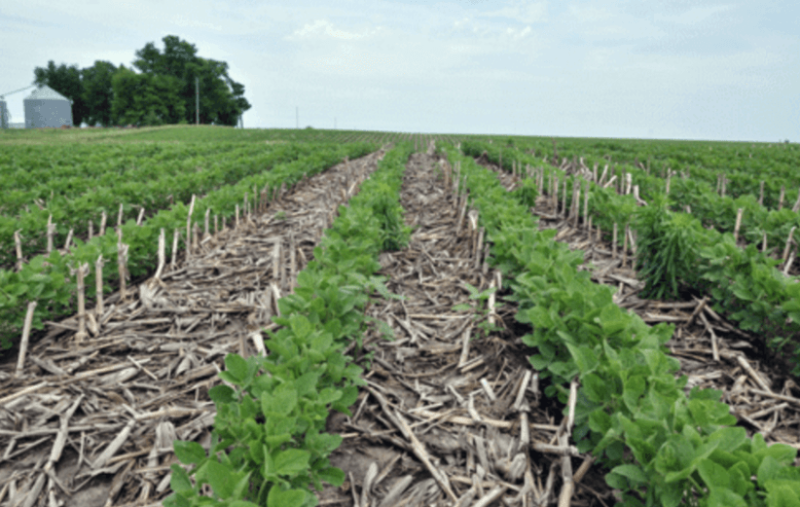No-Till Farmer editors encounter a variety of articles, social media posts, podcasts and videos that offer a unique look at the grower's world from the lofty digital realm. Here is our favorite content from the past week from across the web:
- Rick Clark Proves No-Till Can be Done On Large Scale
- No-Till Residue Management Tips
- A Voice For Resilience: Mississippi Farmer Builds On Climate-Smart Legacy
- Organic No-Till & Dry Beans
- What Does the Future of No-Till Look Like?
Rick Clark Proves No-Till Can be Done On Large Scale
In this episode of the One Bite is Everything Podcast, Rick Clark proves that through hard work and data mining from his own land, what everyone says “can’t be done” on a large scale, actually can.
No-Till Residue Management Tips
In this video, take it back to the basics and refresh your knowledge on the best ways to deal with residue left after harvest in a no-till operation.
A Voice For Resilience: Mississippi Farmer Builds On Climate-Smart Legacy
USDA’s Partnerships for Climate-Smart Commodities is advancing equity through projects like the National Black Growers Council (NBGC) climate-smart regenerative agriculture project, through which more than 100 black row-crop farmers are gaining access to financial and technical assistance to test regenerative agricultural practices and determine which can build climate resiliency into their operations. Fourth-generation rice and soybean farmer Christi Bland-Miller enrolled in both NBGC’s project, as well as USA Rice Federation, Inc.’s climate-smart rice project, to further build on her father’s sustainable legacy. A proactive spokesperson for minority farmers, she hopes that her participation demonstrates the benefits of climate-smart, regenerative agriculture practices – sequestering carbon, reducing methane, improving soil health and creating additional income sources beyond traditional commodity sales.
Organic No-Till & Dry Beans
In this episode of the Penn State Extension Agronomy Highlights Podcast, dive into the world of organic field crop production with Kristen Loria, Extension specialist at Cornell University as she shares her broad expertise in building successful organic field cropping systems, including her experience in reducing tillage and improving crop diversity in organic field crop rotations. Kristen also discusses her experiences producing organic dry beans in New York.What Does the Future of No-Till Look Like?
As research into no-till farming continues, advancements in technology, such as precision agriculture tools, biological pest control and new herbicide formulations, are likely to make the practice more accessible and effective.
Is there something you want to share in "This Week"? Send us an email.







